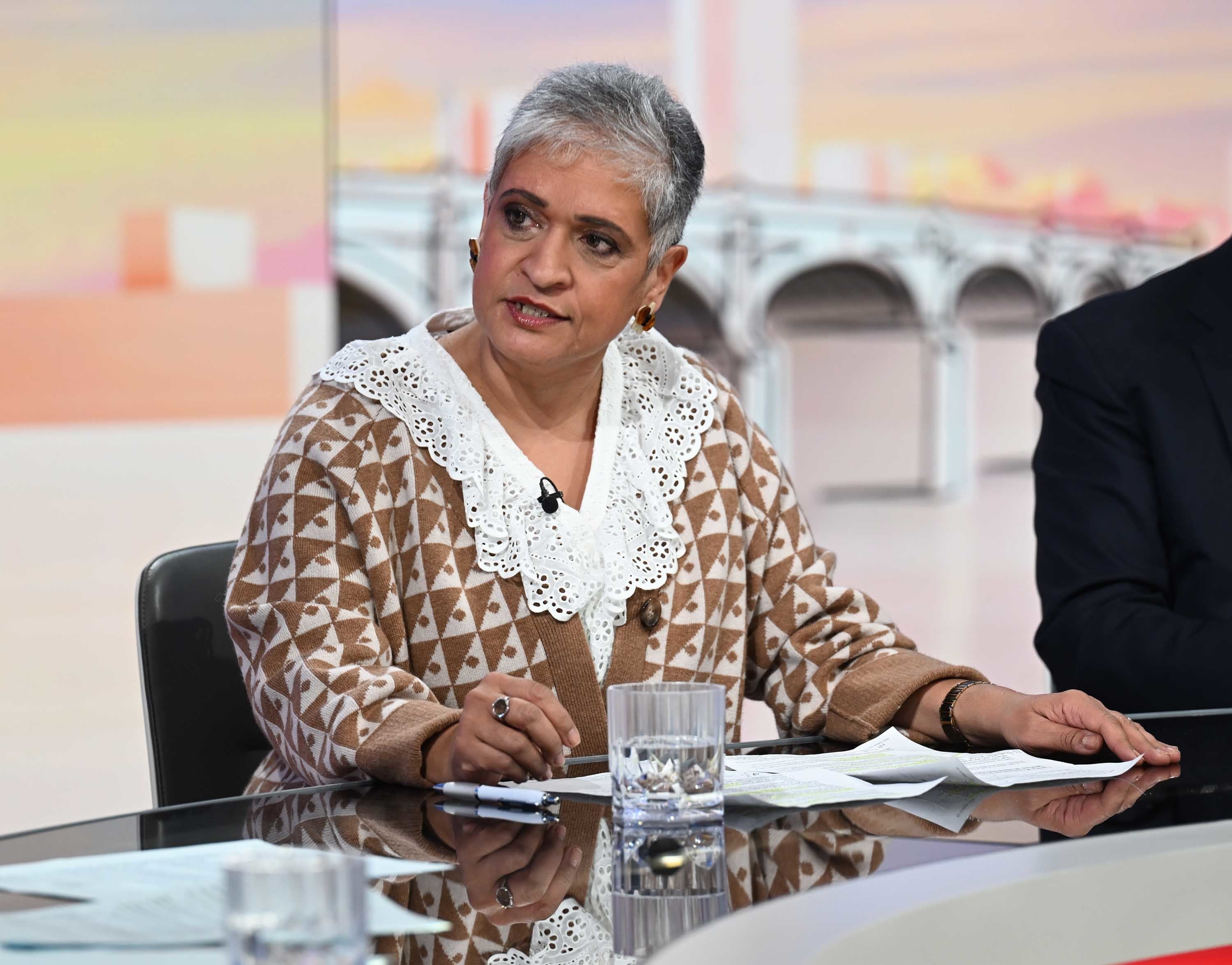Online GP appointments hit all time high in August, NHS data shows
Senior doctors said remote consultations are “often more convenient” for patients, but they work to ensure requests for face-to-face appointments are respected.

Your support helps us to tell the story
From reproductive rights to climate change to Big Tech, The Independent is on the ground when the story is developing. Whether it's investigating the financials of Elon Musk's pro-Trump PAC or producing our latest documentary, 'The A Word', which shines a light on the American women fighting for reproductive rights, we know how important it is to parse out the facts from the messaging.
At such a critical moment in US history, we need reporters on the ground. Your donation allows us to keep sending journalists to speak to both sides of the story.
The Independent is trusted by Americans across the entire political spectrum. And unlike many other quality news outlets, we choose not to lock Americans out of our reporting and analysis with paywalls. We believe quality journalism should be available to everyone, paid for by those who can afford it.
Your support makes all the difference.Online and video GP appointments hit an all-time high with one in 20 patients seen virtually in August, new analysis reveals.
Senior doctors said remote consultations are “often more convenient” for patients, but they work to ensure requests for face-to-face appointments are respected.
They also claim the “issue is not about online appointments – it’s about having enough GPs to begin with”.
The proportion of GP appointments delivered by video or online has been rising steadily for much of the past year-and-a-half, and has jumped from 1 per cent in May 2023 to 5.2 per cent in August, according to an analysis of NHS England data by the PA news agency.
The increase in appointments done by video or online has coincided with a fall in the proportion of face-to-face consultations.
Some 70.8 per cent of GP appointments were carried out in person in October 2023, but this had dropped to 64.8 per cent by August this year – the lowest figure since June 2022.
The proportion of appointments carried out over the phone stood at 26.1 per cent in August and has held steady for much of the past 12 months.
Dr Rachel Ward, a GP and member of the Rebuild General Practice campaign group, said: “GPs are seeing more patients than ever before – providing 27.6 million total appointments in August alone.
“We have been ringing the alarm bell for years, saying that the profession needs to retain its GPs, receive fairer funding, and have greater autonomy.
“Where we can offer online appointments – and importantly, when patients themselves want them – we will do so. This is often more convenient for our patients and allows us to see all patients more quickly and equally as effectively.
“For those patients who need or request an in-person appointment, we ensure that this is respected and that patients receive the care they want and deserve.
“The crux of the issue is not about online appointments – it’s about having enough GPs to begin with.”

Professor Kamila Hawthorne, chair of the Royal College of GPs (RCGPs), also backed a “mixed method approach”.
“Many patients prefer the convenience and flexibility that remote consultations – whether delivered over the phone or via video – can offer, and evidence has also shown that in the vast majority of cases, remote care is safe,” she said.
However, Prof Hawthorne stressed the importance of GPs having “robust and up-to-date” technology to deliver appointments online.
“What’s key is that when GPs are consulting with their patients remotely, they have access to the robust and up-to-date hardware and software that allows them to do so safely and effectively,” she added.
A Department of Health and Social Care spokesperson said: “Patients who prefer a face-to-face appointment should have one and we are also committed to shifting care from analogue to digital, which includes offering patients digital appointments when and where they need one.
“We will get primary care back on its feet, shifting the focus out of hospitals and into the community, fixing the front door of the NHS and ending the misery of people unable to get a GP appointment.”
Join our commenting forum
Join thought-provoking conversations, follow other Independent readers and see their replies
Comments